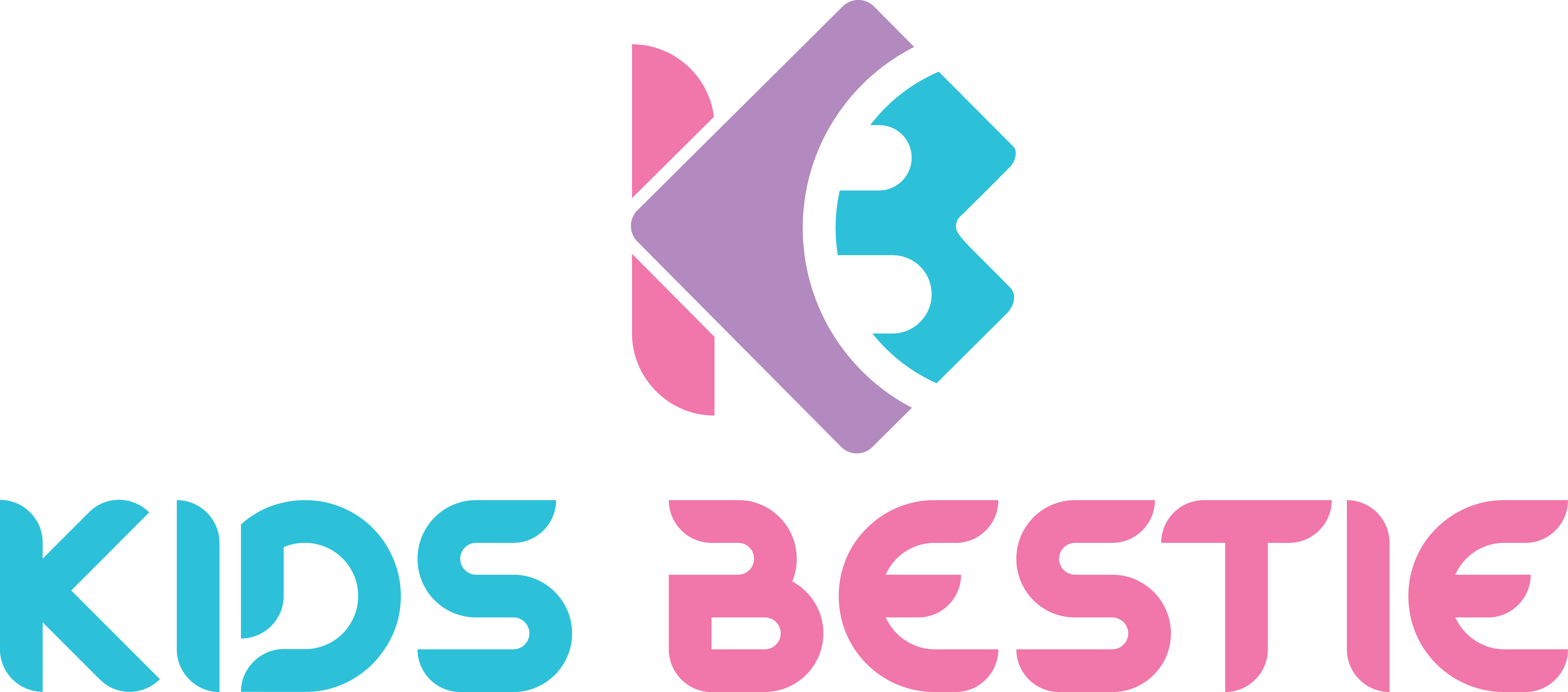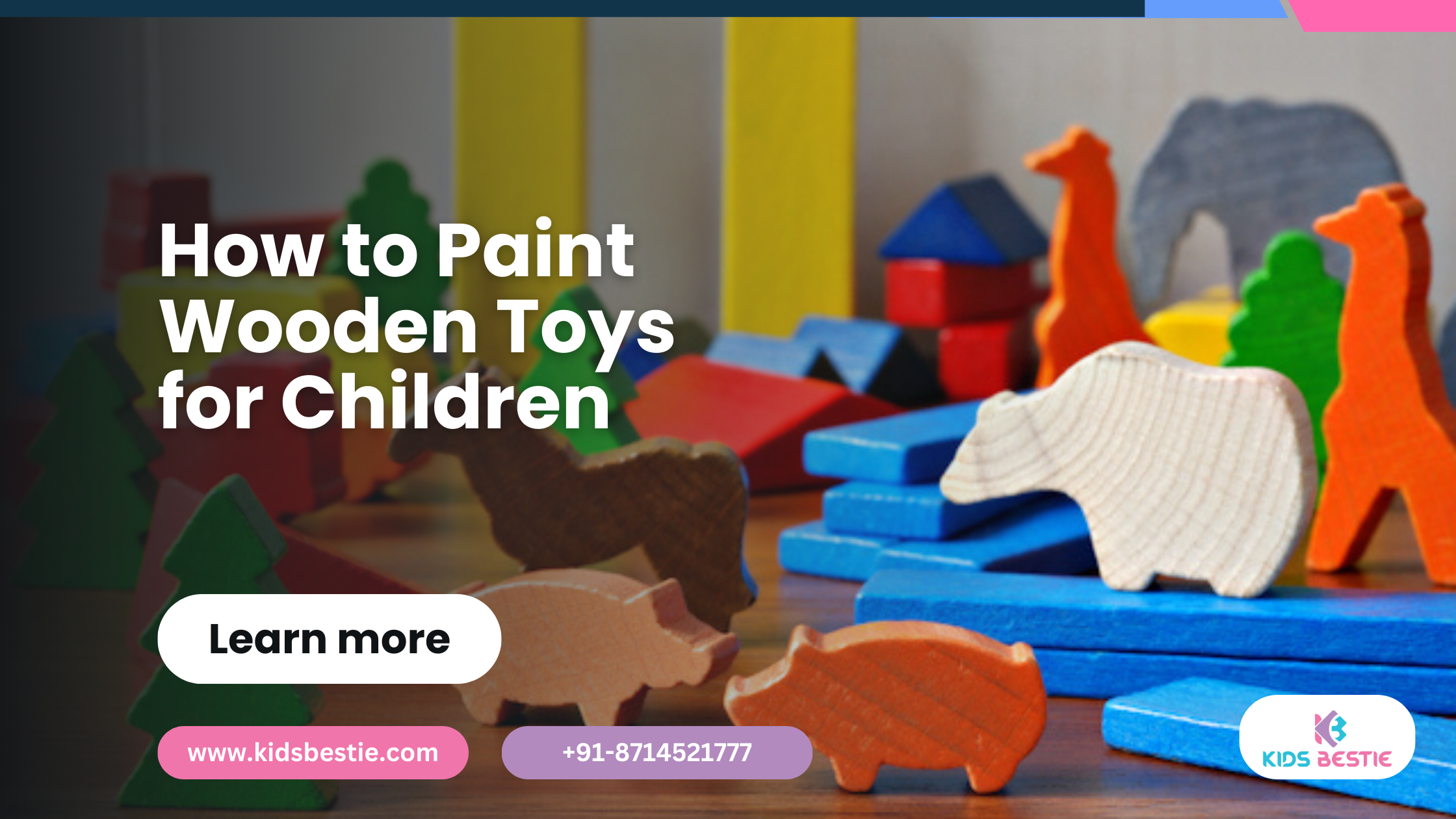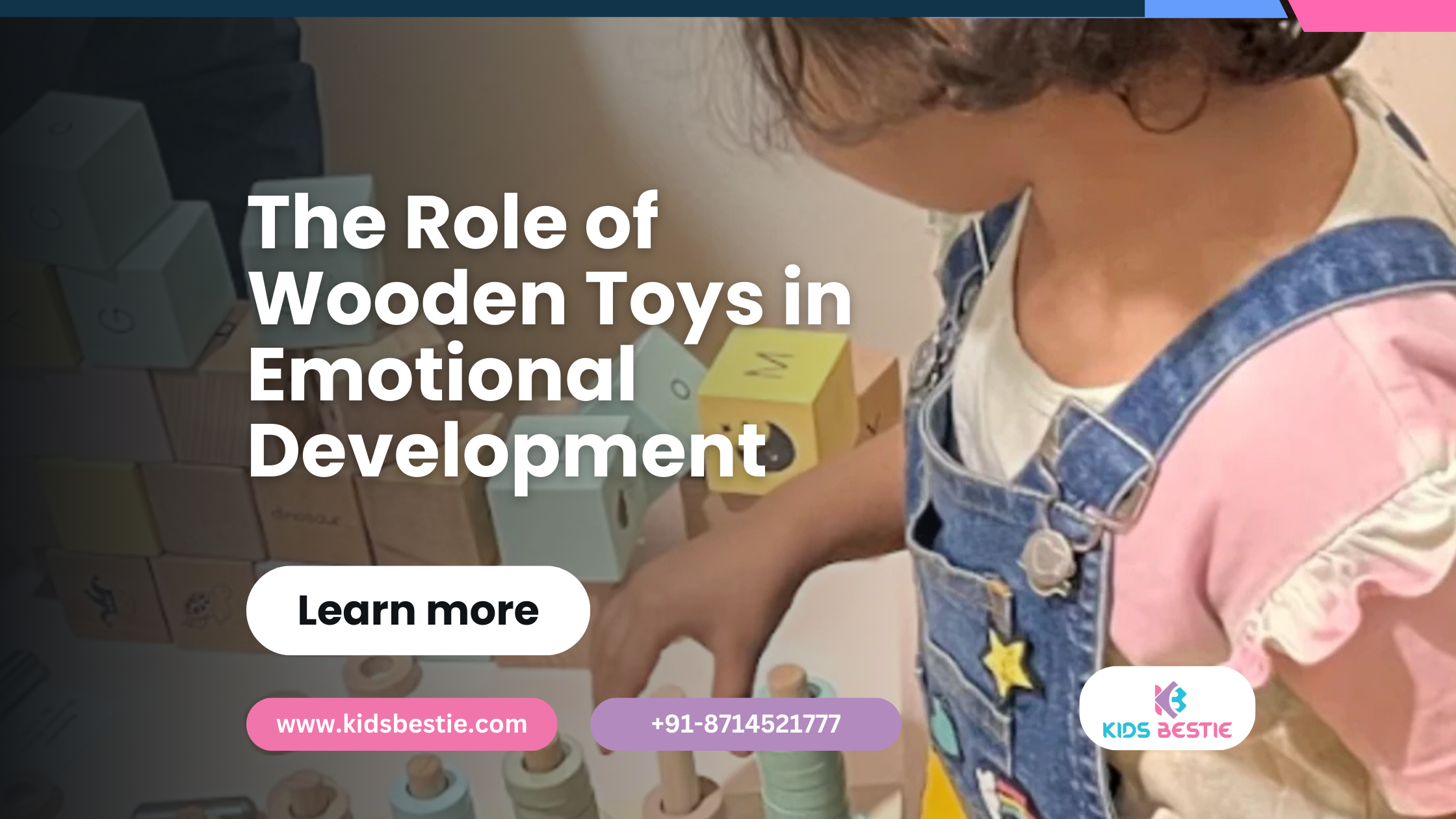
Maria Montessori: The Revolutionary Educator
In this article, Kids Bestie takes you through the life, methods, and lasting legacy of Maria Montessori, the visionary woman who revolutionized education.
Maria Montessori is more than just a name—it's a synonym for transformative education worldwide. Born in 1870 in Italy, Maria Montessori introduced an innovative approach to early childhood education that has profoundly impacted how children learn, grow, and develop. In this article, Kids Bestie takes you through the life, methods, and lasting legacy of Maria Montessori, the visionary woman who revolutionized education.
Early Life and Education
Maria Montessori was born in Chiaravalle, Italy. From a young age, Montessori showed an extraordinary determination and intellect. At a time when women weren't encouraged to pursue higher education, Maria defied societal norms. She became one of Italy’s first female doctors in 1896, showcasing her dedication and resilience.
How Maria Montessori's Method Came to Life
Maria Montessori initially worked with children facing developmental delays. Observing these children carefully, she realized something remarkable: given the right environment and tools, all children naturally exhibit curiosity and a love for learning.
This discovery inspired Montessori to develop unique educational materials and a philosophy of learning through discovery and play rather than rote memorization. In 1907, she opened her first school, "Casa dei Bambini" (Children’s House), in Rome. The success of this school laid the groundwork for the globally acclaimed Montessori method.
Understanding the Montessori Method
The Montessori method is grounded in the principle of self-directed learning. It emphasizes:
-
Child-Centered Learning: Allowing children to select activities they find engaging.
-
Prepared Environment: Carefully organized spaces that stimulate a child's natural curiosity.
-
Hands-On Experiences: Encouraging kids to learn through sensory and practical activities.
-
Mixed-Age Classrooms: Older children mentor younger ones, promoting collaboration and leadership.
Why Indian Parents Love Montessori Education
In India, Montessori education resonates deeply because it aligns with core values like independence, discipline, and holistic development. Indian parents appreciate Montessori schools for fostering critical thinking, confidence, and life skills in their children from an early age.
Kids Bestie: Supporting Montessori Principles at Home
At Kids Bestie, we deeply admire the principles of the Montessori method. Our products, from educational toys to learning kits, empower children to explore, create, and learn independently, right from the comfort of home.
We believe each child is unique and deserves tailored experiences that nurture their natural abilities. Inspired by Maria Montessori’s educational approach, Kids Bestie designs products that make learning joyful, meaningful, and impactful.
Visit our website www.kidsbestie.com to discover toys and educational resources specifically crafted to complement the Montessori methodology.
Montessori’s Global Impact
Montessori schools are now in over 110 countries worldwide, influencing educational policies and methods everywhere from the United States to India. Today, approximately 25,000 Montessori schools educate millions of children, emphasizing respect, empathy, and independence.
Implementing Montessori Principles at Home
Interested in implementing Montessori principles at home? Here’s how you can begin:
-
Create Accessible Spaces: Arrange shelves and activities at the child's level to encourage exploration.
-
Foster Independence: Allow children to perform daily tasks independently, like dressing themselves or preparing snacks.
-
Use Educational Toys: Choose purposeful toys that develop cognitive, motor, and emotional skills.
-
Promote Real-Life Skills: Involve children in cooking, cleaning, gardening, and other practical activities.
FAQs (Frequently Asked Questions)
Q: What age is best for Montessori education?
A: Montessori education is highly effective for children aged 2½ to 6 years, but many principles can be adapted for older children and adolescents.
Q: Is Montessori education good for every child?
A: Yes, Montessori is designed to accommodate diverse learning styles and abilities, making it suitable for most children.
Q: What makes Montessori different from traditional education?
A: Montessori emphasizes child-led, hands-on learning, mixed-age classrooms, and developing practical life skills, differing significantly from traditional, teacher-directed, textbook-focused education.
Q: Are Montessori schools available in India?
A: Yes, Montessori education is widespread across India, with schools available in most major cities and towns.
Q: Can Montessori principles be implemented at home easily?
A: Absolutely. With minimal adjustments, parents can effectively apply Montessori principles at home, enhancing their child’s learning and development.
Conclusion
Maria Montessori's revolutionary education method has transformed how we understand and nurture young minds. By prioritizing independence, curiosity, and self-paced learning, Montessori's legacy continues to thrive worldwide, especially in India.
Kids Bestie proudly supports Montessori-inspired learning by providing toys and resources tailored to inspire and educate young children. Together, let's empower the next generation through education that truly matters.



